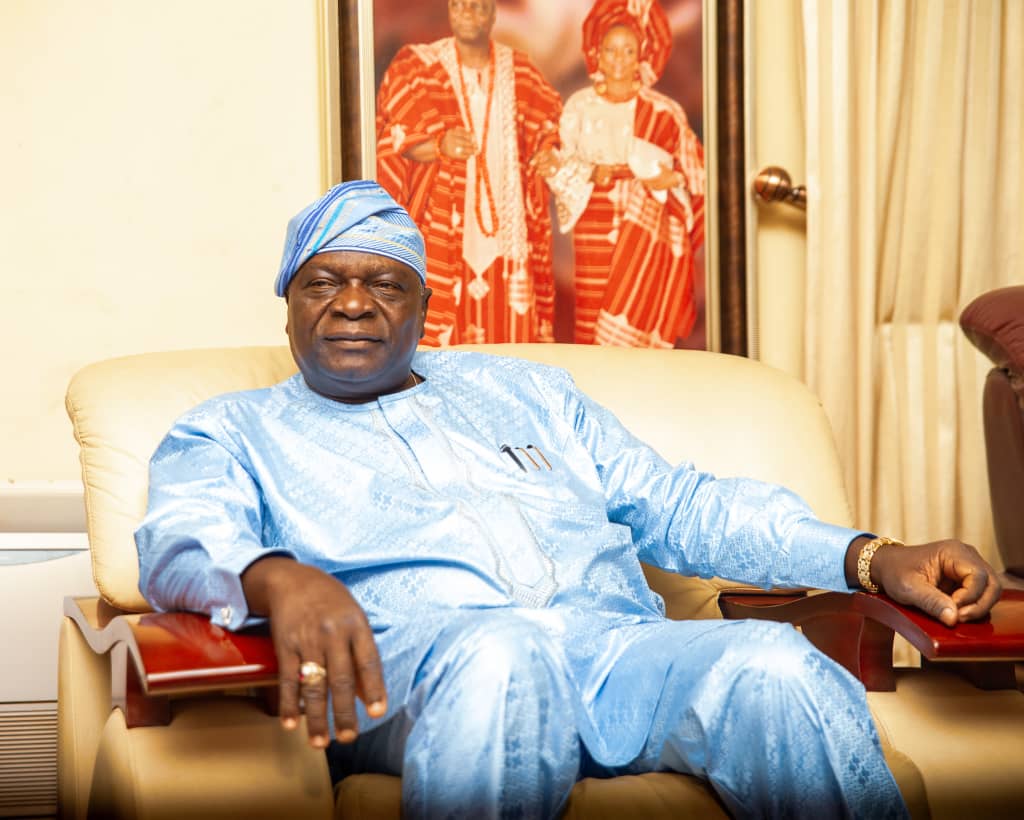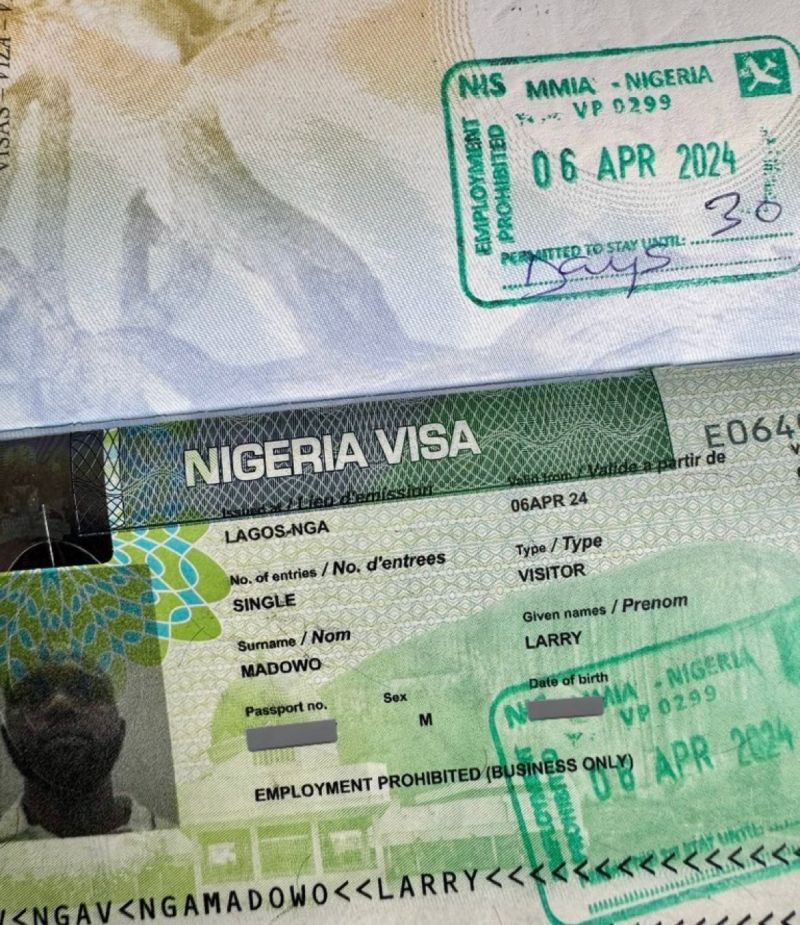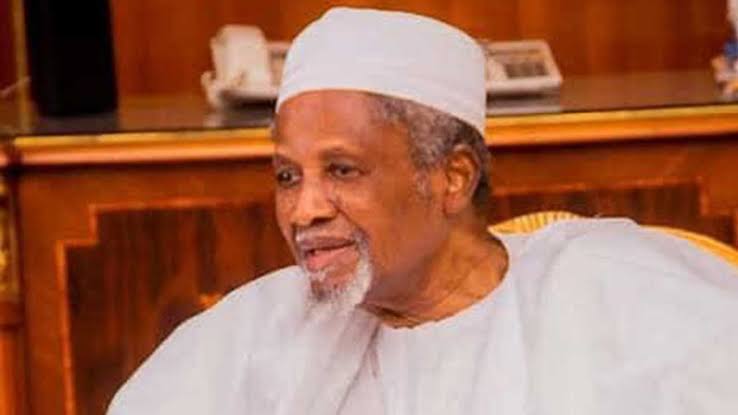
Defection for Protection: Oyinlola Alleges APC Becoming Safe Haven for Politicians with Skeletons

In a stunning revelation that has reignited debates on the integrity of Nigeria’s political landscape, former Governor of Osun State, Prince Olagunsoye Oyinlola, has publicly alleged that politicians defecting to the All Progressives Congress (APC) are driven by fear of prosecution and personal interest, rather than patriotism or ideological alignment. His statement, which is already sparking widespread reactions across the nation’s political spectrum, casts a critical spotlight on the recurring trend of defections that has plagued Nigeria’s democracy since the return to civilian rule in 1999.
Speaking in a no-holds-barred interview, Oyinlola did not mince words when he described many of the defections into the ruling party as acts of desperation by politicians attempting to shield themselves from justice. According to the former governor, the APC has effectively become a sanctuary for individuals with questionable records, seeking to evade the long arms of the law by aligning with the powers that be. The former military administrator’s remarks come at a time when the country is grappling with economic hardship, insecurity, and a deepening trust deficit between the electorate and elected officials.
Oyinlola’s comments have further fueled suspicions that anti-corruption efforts in Nigeria are selectively enforced and largely ineffective. He suggested that once an individual joins the APC, any pending legal or corruption cases tend to fizzle out, or at the very least, lose the urgency with which they were once being prosecuted. This sentiment has long simmered in public discourse, but seldom has it been aired so directly and bluntly by a statesman of Oyinlola’s stature.
His claims reflect growing concerns among citizens and civil society organizations who have observed a pattern: politicians previously hounded by anti-graft agencies suddenly receiving political asylum-like treatment upon pledging allegiance to the ruling party. This has given rise to a perception that party affiliation can serve as a get-out-of-jail-free card in Nigeria’s complex political chessboard.
The former governor’s indictment was not just an attack on political opportunism, but also a dire warning about the corrosion of democratic values. By prioritizing personal survival and privilege over principle and service, Oyinlola argued, defectors are undermining the very foundations of democracy. He lamented the erosion of ideology in Nigeria’s politics, where the line between opposition and ruling parties is increasingly blurred, not by evolving ideas or political consensus, but by personal ambition and fear of accountability.
Observers say Oyinlola’s comments are particularly significant given his own political journey, having once been a member of the Peoples Democratic Party (PDP) before briefly associating with the APC and later the African Democratic Congress (ADC). His experiences across party lines lend credibility to his critique and offer a unique perspective into the inner workings of Nigeria’s political elite.
Unsurprisingly, his statements have not gone unnoticed. While some members of the APC have dismissed his comments as baseless and politically motivated, others, even within the party, have privately admitted the need for introspection. Across social media platforms, Nigerians have amplified Oyinlola’s voice, with many users commending him for what they describe as a courageous outing in the face of systemic decay.
Public response to the remarks has been predictably polarized. Some view Oyinlola’s assertion as a mere political jab—perhaps aimed at regaining relevance or settling old scores. Others see it as a bold confrontation of a disturbing reality that many prefer to ignore. Whatever the motivation, the timing of his statement is telling. With the 2027 general elections already on the distant horizon and political realignments underway, his allegations raise critical questions about the quality of leadership and the future of Nigeria’s political direction.
Political analysts warn that if left unchecked, this culture of "defection for protection" could create a scenario where accountability is permanently sacrificed at the altar of convenience. By incentivizing criminal impunity through partisan cover, the political system risks becoming a haven for the corrupt and a nightmare for reformers. It threatens not just the credibility of the APC but also the entire architecture of governance and justice in Nigeria.
Furthermore, Oyinlola’s remarks may reignite calls for legal reforms to tighten the rules surrounding political defections. Currently, the constitution allows for movement between parties under loosely defined conditions, such as a division or crisis within a party. Critics argue that these provisions have been exploited by political mercenaries who change loyalties not out of conviction but out of self-preservation.
As Nigeria continues to battle with insecurity, inflation, and a fragile economy, many citizens believe that transparent and accountable governance is more critical than ever. Oyinlola’s critique, though controversial, taps into the frustrations of a populace weary of political theatrics and yearning for leaders with conviction and integrity.
Whether his statement will prompt any substantial change remains uncertain. The APC, like other major parties, faces mounting pressure to cleanse its ranks and restore public confidence. However, with entrenched interests and the allure of power often taking precedence, meaningful reform may remain elusive.
For now, Oyinlola’s bold allegations have added a fresh layer to the national conversation on politics, justice, and the future of democracy in Nigeria. His voice may not carry executive power anymore, but in an era where truth is often buried beneath convenience, his words have echoed far and wide—resonating with those who still believe that a better Nigeria is possible, if only courage could trump compromise.


